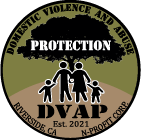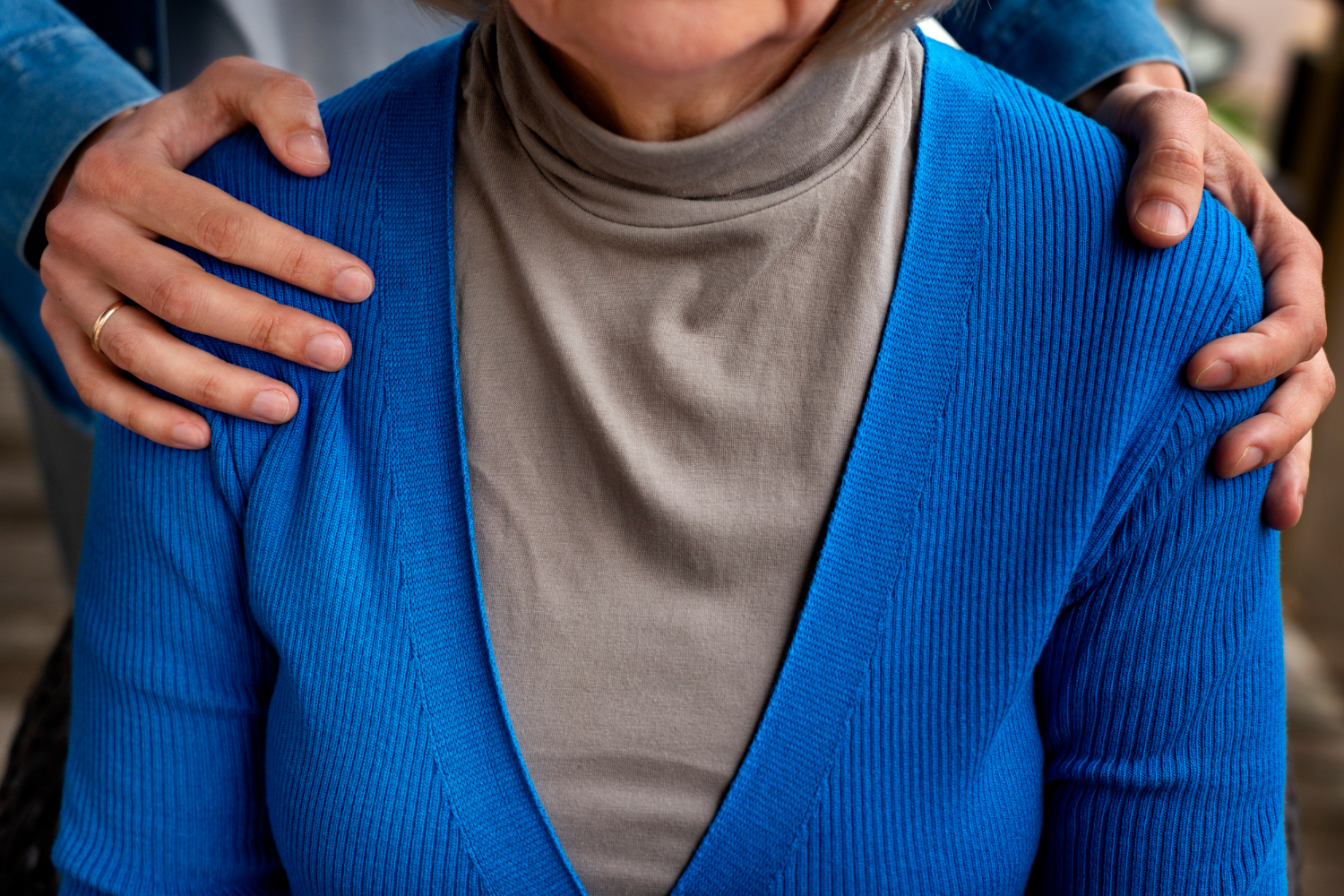Experiencing domestic violence or abuse can deeply impact self-esteem and self-worth, leaving survivors feeling disconnected and unsure of themselves. Rebuilding self-esteem after such trauma is not an easy process, but it is possible with the right tools, techniques, and support system. This article aims to provide compassionate advice on how survivors in California, particularly in Riverside, can nurture personal growth and emotional well-being.
Understanding the Impact of Abuse on Self-Esteem
Abuse can take many forms—physical, emotional, verbal, or psychological—and each type can erode a person’s confidence and self-identity. Survivors may internalize the pain caused by abusive relationships, leading to feelings of inadequacy, fear, and self-doubt. Rebuilding self-esteem begins with recognizing that what happened is not your fault and taking small, intentional steps toward healing and growth.
Therapy and Professional Support
Cognitive Behavioral Therapy (CBT)
CBT is one of the most effective forms of therapy for rebuilding self-esteem and processing trauma. It focuses on identifying and challenging negative thought patterns that can arise after abuse. By working with a licensed therapist, survivors can learn how to replace destructive beliefs with empowering, positive ones.
Trauma-Focused Therapy
Trauma-focused therapy is designed specifically for individuals who have experienced significant trauma, such as domestic abuse. This type of therapy helps survivors process painful memories in a safe environment while equipping them with coping tools to manage triggers and emotional responses.
Support Groups
Healing is not a solitary process. Joining a support group creates a sense of community and belonging, where survivors can share their stories and gain encouragement from others who understand their experiences. Local organizations in Riverside, like Domestic Violence and Abuse Protection, Inc. (DVAP), can help connect survivors with these invaluable resources.
Self-Help Tools for Rebuilding Confidence
Journaling
Writing down thoughts and feelings in a journal is a simple yet powerful way to process emotions and monitor personal growth. It provides an opportunity to recognize and celebrate even the smallest victories in the healing process. Consider reflecting on positive affirmations, daily gratitude, or any progress made.
Positive Affirmations
Affirmations are short, positive statements designed to challenge and overcome self-doubt. Saying things like, “I am worthy of love and respect,” or “I am strong, capable, and resilient,” daily can gradually shift internal dialogue to a more positive, encouraging tone.
Setting Achievable Goals
After abuse, it can be helpful to set small, realistic goals that help rebuild confidence step by step. This could include learning a new skill, practicing mindfulness, or even re-establishing routines. Every goal achieved is a step closer to regaining control over your life.
The Importance of Community and Safe Environments
Building a support system is vital for long-term healing. Whether it’s trusted family members, friends, or local organizations, having people to lean on can make a significant difference in the recovery process. Additionally, prioritizing safe environments—both physically and emotionally—is crucial in fostering stability and reducing stress.
If you’re in Riverside, California, remember that resources like DVAP are available to help you transition into a life of safety and empowerment. The road to rebuilding self-esteem is not linear, but with the right support system, you can reclaim your confidence and sense of self.
Final Thoughts
Reclaiming self-esteem after abuse is a courageous and transformative journey. By seeking therapy, engaging in self-help tools, and fostering strong community connections, survivors can reignite their inner strength and take steps toward personal growth.
Are You Experiencing Domestic Violence or Abuse? DVAP Is Here To Help
Domestic Violence and Abuse Protection, Inc. is a non-profit organization committed to protecting the victims of domestic abuse. When restraining orders are not enough, we are there to provide the determined protection you deserve. We are located at 3900 Orange St. Riverside, CA. Call us at (951)-275 8301 (24 hours). Alternatively, you can email us at admin@dvapriverside.org.






